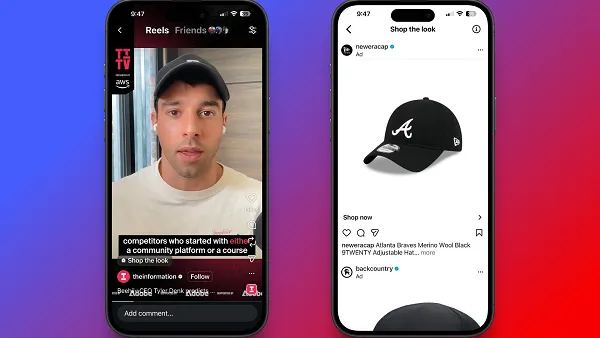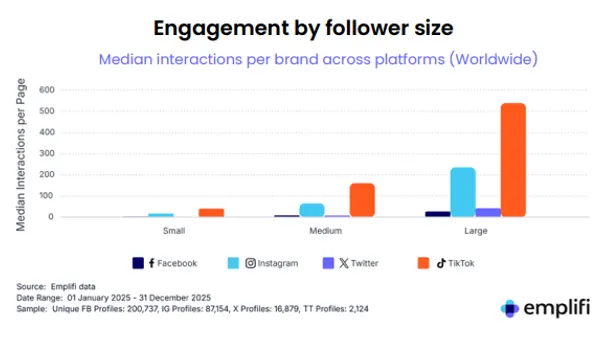 Is there anyone who enjoys receiving negative feedback - especially if it is an unfair downpour of negativity from someone you barely know or never met?
Is there anyone who enjoys receiving negative feedback - especially if it is an unfair downpour of negativity from someone you barely know or never met?
If you're like most people, you cringe when faced with severe criticism, and if your business becomes a punching bag to relieve somebody's frustration, or falls victim of an online troll, it can really take the wind out of you.
Several years ago I taught art classes. The studio where I taught was a lot of fun, and in 99% of classes people had a blast learning the techniques of great masters. One evening a colleague of mine was late because of a scheduling miscommunication, and after waiting for 30 minutes, angry customers grabbed their phones and wrote nasty reviews on Yelp. Instantly, the studio's online reputation was ruined.
The owners tried to mitigate the disaster. They asked happy customers to write positive reviews, but Yelp "filtered" them out because many of these customers were not active Yelpers (If a person writes only one review, doesn't have extensive profile information or shares a strongly slanted positive review, Yelp thinks it is spam). The studio closed shortly after this incident.
This story provides some excellent lessons about stewarding your business's online reputation and how to take on negative feedback if it pops up.
1. Start Building Your Online Reputation from Day One
According to research, the average dissatisfied customer will tell between 9-15 people about their experience, while around 13% of dissatisfied customers will complain to more than 20 people.
At the same time, happy customers who get their issue resolved only tell about 4-6 people about their experience - that means that you need 2-3 times more positive reviews/feedback to neutralize negative feedback about your business.
Be proactive about getting feedback posted online about you. Ask your customers to give you praise on social media and blogs from the day you open your business.
2. Convert Haters into Loyal Fans
According to fan experience expert Ruby Newell-Legner, it takes 12 positive service incidents to neutralize one negative incident. However, if you respond fast to an online complaint with the intention to resolve the issue, and add a personal touch, it might work miracles.
For example, if a customer's complained via social media, acknowledge that feedback and migrate the conversation to private messaging, email or completely offline. Do what you can to resolve the issue, and follow up with a service credit or gift card along with a personal note.
The owners of the studio in my story could have reached out to these angry customers with a note similar to:
"We are sorry you had a bad experience. We founded the studio because we had such a blast painting and drinking wine with our friends that we wanted to share fun with others, including you [person's name]. The experience you describe is not something that we aim for. Please send us an email to [email@address] or give us a call at [phone number] and we will gladly process a refund. We would also like to invite you to attend a class of your choice in the next three months at no cost. Thanks for giving us a try"
This response would have helped humanized the company, addressed the customer's complaint, and converted the haters into fans.
3. Be Creative in Addressing Potential Negative Issues
When faced with a potential reputation-denting challenge, step back and think about what might be the most positive action to take - and think out of box as much as possible.
Being unexpected in your response can be very effective. Humor, for example, is often a good remedy.
The owners of the studio could have created a social media post or humorous video entitled, "Why our artist was late that night" which showed the ridiculous misadventures of the artist and ask followers to vote on their favorite reasons. The artist could have sketched herself in silly situations like alien abduction, fighting sharks, or super-gluing her eye shut thinking she was using contact lens solution - it could have been a great promotion of the artist's skills as well as a clever response to her critics.
"When life gives you lemons, make lemonade". The way you respond to negative feedback online can make or break your business. Think about these three lessons and how to apply them to your online reputation building - and hopefully you can prepare yourself for troll attacks ahead of time.










